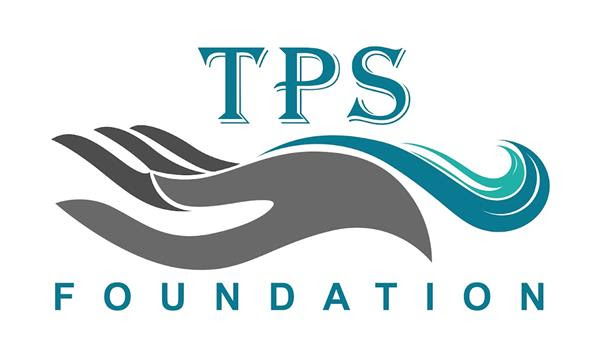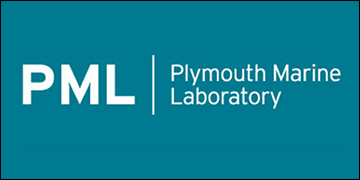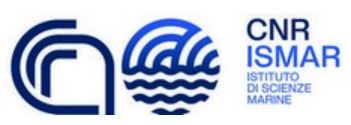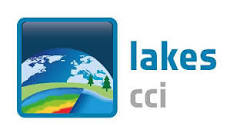Trevor Platt Science Foundation (TPSF) Symposium: Abstract deadline 13 Feb 2023
 |
|
Trevor Platt Science Foundation (TPSF) and partners are having their inaugural science symposium from 9 -11 August 2023, at the Plymouth Marine Laboratory (PML), UK:
Trends, Reflections, Evolution, and Visions in Ocean Research – a celebration of the scientific life of Trevor Platt.
The symposium will include keynote and invited lectures, oral and poster presentations, and networking sessions.
Abstracts are invited for talks or posters on the following themes, and the deadline for abstract submission has been extended to 13 February 2023:
- Primary production, physiology and ecology of marine phytoplankton
- Thermodynamics of aquatic ecosystems
- Physical and biological interactions
- Marine optics
- Size structure of marine communities
- Remote sensing of ocean colour
- Ocean carbon cycle and climate change
- Water quality and human health
- Time series of ocean observations and their analyses
- Ecological approaches to fisheries management
- International collaboration and capacity building
Click here to submit an abstract for the Symposium.
The deadline for application of the associated in-person training course: Satellite-based tools for investigating aquatic ecosystems has also been extended to 13 February 2023.
Read more about the Symposium and register here.





